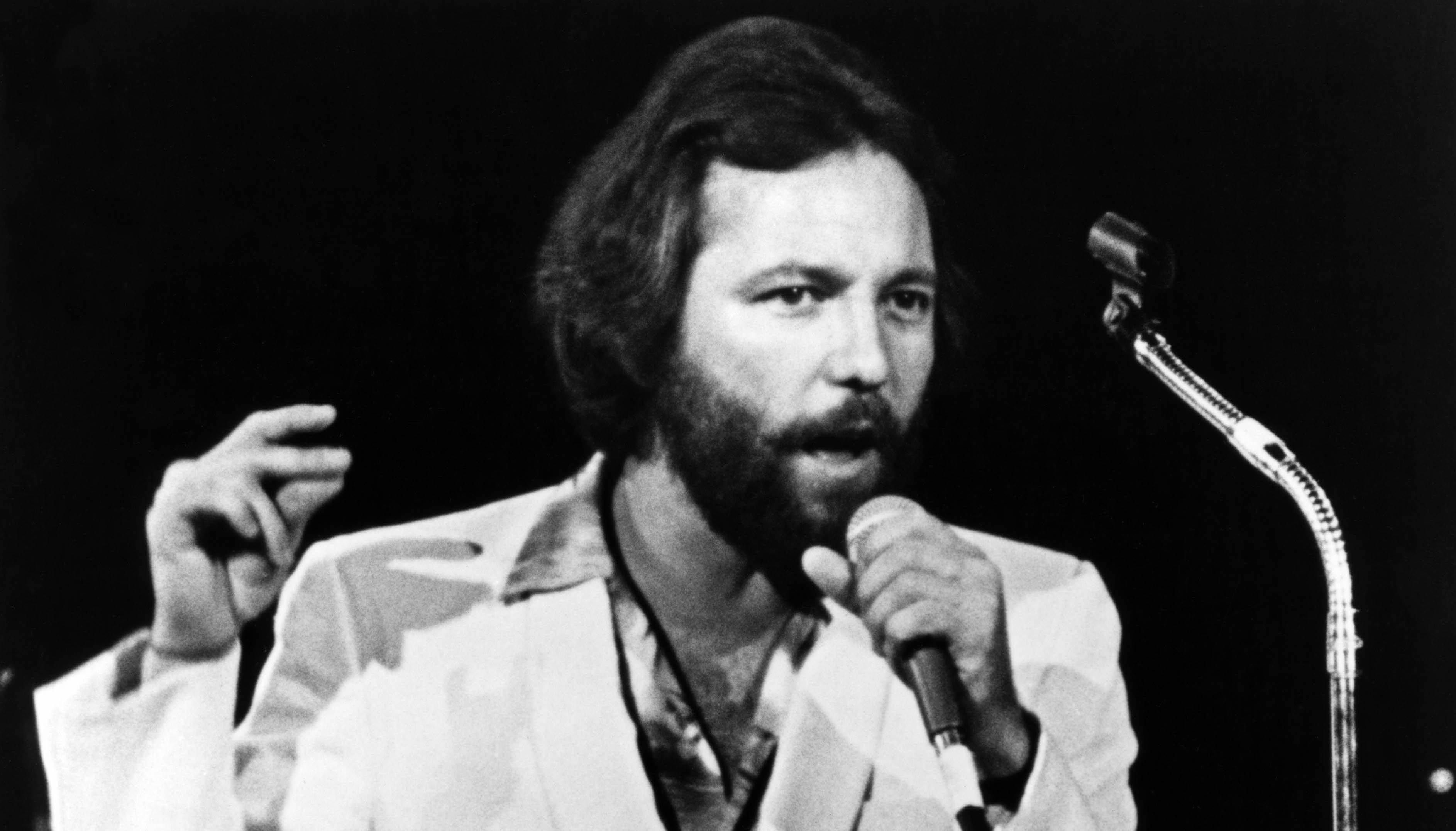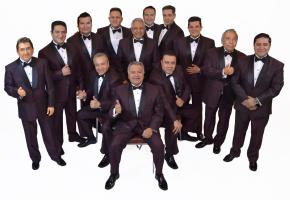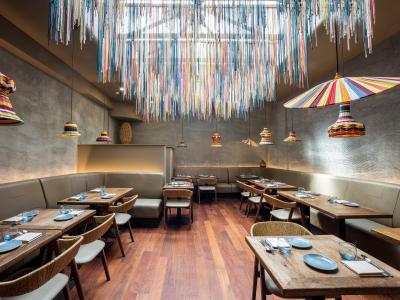The son of a native percussionist and a Cuban piano-playing vocalist, Rubén Blades Belindo de Luna was born in Panamá City on July 16, 1948. In terms of his early influences, Rubén recalls that he “grew up not having a definite style but more sponge-like, absorbing calypso and rock and that music that wasn’t called salsa then because we did not have to sell it to anyone. It was Afro-Cuban music”.
As a university student in Panama City, Blades simultaneously combined the pursuit of music and education by performing with local bands while earning a law degree. But in 1973, just as Rubén was graduating from Law School, the Blades family was exiled to Miami because of his father’s problems with the military regime. Figuring that he wasn’t going to be a lawyer in a country whose government had no respect for the law, Blades joined them.
From Miami he wrote various letters and demo tapes to Fania records, and Fania boss Jerry Masucci’s offer of a menial job in his mail room was enough to persuade Rubén to leave his parents’ home in Miami for New York. The largely Puerto Rican artists at Fania’s epicentre, such as Willie Colón and Hector Lavoe, were singing about girls, heartbreaks, and having fun, but Masucci was sceptical when Blades sung about a different Latin American experience... of people living under dictatorships sweeping Latin America. Little did he know that his lyrics would tap into deeper truths and emotions than Salsa ever had.
“At the time, my songs were considered too political, too literate, too long and too ‘anti-Salsa’. They documented the reality in our cities instead of merely promoting escapism, frivolity and clichéd imagery,” remembers Blades, who says, “it was Willie Colón who presented me with the opportunity to record the material I had written. He showed an intelligence and an understanding of Pan-Americanism which was absent from (Masucci’s) commercial notion of how to create a successful Salsa album.”
Blades quickly established himself as an inventive composer, commanding singer, and charismatic performer, particularly after joining forces with the Nuyorican trombonist/bandleader Willie Colón, with whom he recorded some of the best selling records in U.S. salsa history, including the Fania blockbusters “Metiendo Mano” and “Siembra”. Rubén was the first artist to combine the effortless danceability of N.Y. salsa with a sociopolitical message.
There’s a saying in Latin America: life and death dance together with a beer in hand. And people's hips would sway even while listening to Pablo Pueblo, about the down trodden common man, betrayed by politicians who buy votes with promises they never keep...
In 1982, after cutting his last album with Colón, Rubén was ready to create a sound that could transcend the confines of the salsa scene. This led to a string of progressive 1980s recordings with Seis del Solar, a jazzy sextet of virtuoso session players. His 1984 album Buscando America (Looking for America) with words translated into English for the first time, had made him a world-wide artist, whilst the lyrics reflecting the struggles against the dictatorships sweeping Latin America, earned him the adoration of millions.
Tracks like Padre Antonio sung of left wing priests who were murdered for helping the poor while Buscando America sung of the continents hope for the future it deserved. Meanwhile, Blades developed a successful career as a Hollywood actor, winning favorable reviews for his roles on “Fatal Beauty”, “The Milagro Beanfield War “ and other motion pictures.
In 1994, Blades returned temporarily to his native country to run as an unsuccessful president in the national elections.By the late 1990s, the author of “Pedro Navaja” and “Plástico” began to search for a new musical language, in conjunction with his versatile Costa Rican ensemble Editus. 'Tiempos' broke ground again, this time musically, by transcending the Salsa genre even further with more experimental compositions and showing off the ingenuity of his melodies and arrangements.
Most importantly, Blades has had a major influence on the next generation, cited by some of the biggest names in Latin Music today, from Residente, who recorded a big hit with him, to Tego Calderón.
“Together with Ismael Rivera and Bob Marley, Blades is the artist that has most inspired me,” continues Tego “He made me realise: ‘this is what I want to do. I want to express myself. I want to talk about the reality I see.’”
However much Blades experimented, it seemed his efforts were successful, as exemplified by the international acclaim earned by the CD “Mundo” (Sonny, 2002), an admirable fusion of Caribbean, African, and Celtic elements. In addition, juggling artistic and political activities, Rubén served as Panamá’s Minister of Tourism from 2004 to 2009.
By pushing us to think and dance at the same time, Rubén Blades has managed to create honest music for a truly global audience. His songs are all geared toward an admirable objective-bringing people together.
















